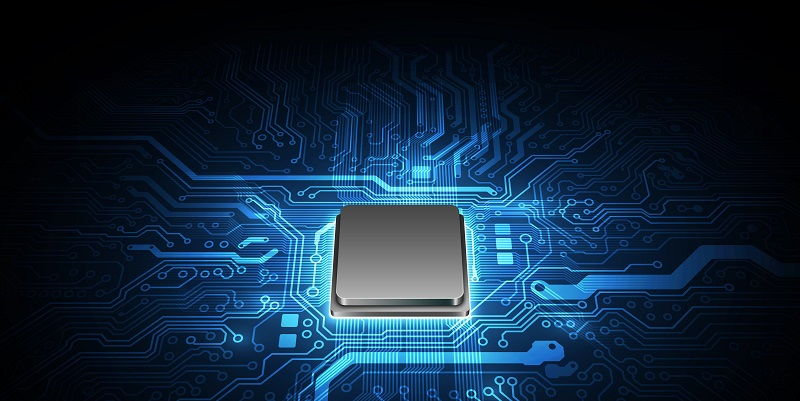Intel’s upcoming Meteor Lake processors are set to revolutionize power management in laptops, enabling better battery life. One significant advancement lies in the integration of artificial intelligence (AI) into the mobile chips, leading to more efficient utilization of power.
Utilizing AI for power management
During the Hot Chips conference, Intel unveiled its plans to incorporate AI decision-making capabilities into Meteor Lake processors. This AI-driven technology will determine the optimal moments to transition between high power (performance) and low power (idling) states, ensuring efficient energy usage. The technique used, known as Dynamic Voltage and Frequency Scaling (DVFS), allows for seamless switching between these states.
Enhanced efficiency and lower power consumption
The AI algorithm employed by Intel’s Meteor Lake processors has undergone substantial learning, enabling it to make informed decisions regarding power consumption. By honing the shift between power states, the chip achieves lower power consumption and enhanced battery efficiency. Efraim Rotem, an Intel Fellow responsible for client SoC architecture, estimates that the integration of AI in Meteor Lake could result in energy savings of up to 15%, further extending the device’s battery life.
Improved responsiveness with AI
Not only does this integration offer power-saving benefits, but it also fine-tunes the responsiveness of the system during day-to-day tasks. Rotem highlights that Meteor Lake processors bring about a remarkable up to 35% improvement in system responsiveness. With lightning-fast performance and optimized power management, users can expect smoother multitasking, quicker application launches, and an enhanced overall user experience.
Limitations of AI implementation
It is important to note that while the AI smarts of the Meteor Lake processors are a significant step forward, their application is currently limited. The AI has only been trained on specific scenarios and does not adapt to individual users’ preferences or usage patterns. While not all tasks on laptops will benefit from AI-powered power management, the optimizations still result in noticeable improvements in battery life and system responsiveness.
Future prospects and launch details
The complete details of Intel’s Meteor Lake processors and their AI integration will be unveiled at the upcoming Intel Innovation event next month. Intel enthusiasts and technology aficionados eagerly await further insights into how AI will shape the future of power management in laptops and other devices.
Intel’s Meteor Lake processors, set to debut with AI-powered power management, mark a significant milestone in the world of laptops. The utilization of AI allows for seamless transitions between power states, leading to greater overall efficiency and improved battery life. Moreover, the AI algorithms work hand in hand with DVFS to fine-tune system responsiveness, ensuring smoother performance in everyday tasks. While limitations exist in terms of the AI’s customization and applicability to all laptop activities, the benefits of energy savings and responsiveness enhancements cannot be overlooked. With the imminent launch of Meteor Lake processors, we can expect further advancements in AI integration and exciting developments in power management technology.

